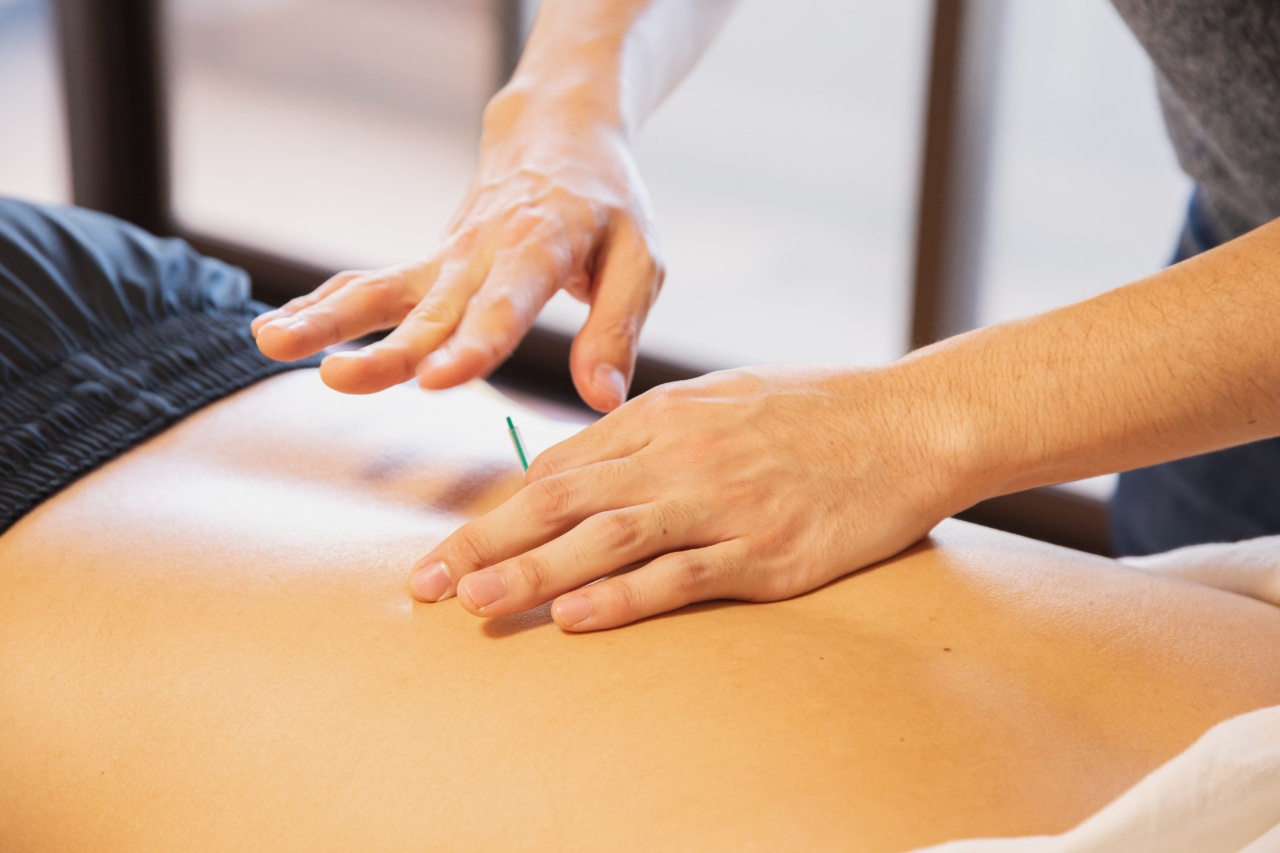Spring is a season of rejuvenation and renewal, but for many people, it is also a season of allergies. As flowers and trees begin to bloom, pollen and other allergens fill the air, causing sniffles, sneezes, and itchy eyes.
While there are many over-the-counter and prescription medications available to alleviate allergy symptoms, some people prefer to explore alternative options, such as acupuncture. In this article, we will explore how acupuncture can be used as a remedy for spring allergies.
What is Acupuncture?
Acupuncture is a traditional Chinese medicine practice that involves the insertion of thin needles into the skin at specific points on the body. These points, or acupoints, are believed to correspond with certain organs or systems in the body.
By stimulating these acupoints, acupuncture is thought to help balance the body’s energy, or qi (pronounced “chee”). Acupuncture is often used to alleviate pain, stress, and other health conditions.
How Can Acupuncture Help with Allergies?
Acupuncture is not a cure for allergies, but it can be used as a complementary therapy to relieve symptoms.
When allergens enter the body, the immune system responds by releasing histamine and other chemicals, which can cause inflammation and irritation. Acupuncture can help alleviate these symptoms by reducing inflammation, improving circulation, and stimulating the body’s natural healing mechanisms.
What Does the Research Say About Acupuncture and Allergies?
While there is still much research to be done on the effectiveness of acupuncture for allergies, there is some evidence to suggest that it can be helpful.
One study published in the journal Annals of Internal Medicine found that acupuncture was more effective than antihistamines for reducing symptoms of seasonal allergic rhinitis (hay fever). Another study published in the journal Allergy found that acupuncture was effective in reducing symptoms of allergic asthma in children.
What Can I Expect from an Acupuncture Session?
If you are interested in using acupuncture to alleviate allergy symptoms, it is important to find a qualified and licensed acupuncturist. During your first appointment, your acupuncturist will likely ask about your medical history and current symptoms.
They may also examine your tongue, pulse, and other indicators of your overall health. Based on this information, they will design a treatment plan that is tailored to your specific needs.
During the acupuncture session, you will lie down on a comfortable table while the acupuncturist inserts thin needles into various points on your body. You may feel a slight prick or tingling sensation, but the needles should not be painful.
After the needles are in place, you will typically lie still for 20-30 minutes while the acupuncturist monitors your progress. Some people find acupuncture to be relaxing and may even fall asleep during the session.
Are There Any Risks or Side Effects of Acupuncture?
Acupuncture is generally safe when performed by a qualified practitioner. However, there are some possible side effects to be aware of, including:.
- Bruising or soreness at the site of the needle insertion
- Feeling lightheaded or faint
- Temporary worsening of symptoms before they improve
- In rare cases, infection or organ injury
If you have any concerns about the safety of acupuncture, be sure to discuss them with your acupuncturist.
Conclusion
Spring allergies can be a nuisance, but acupuncture may offer a natural and effective remedy for symptoms.
While more research is needed to fully understand the benefits of acupuncture for allergies, many people have found relief through this ancient practice. If you are interested in exploring acupuncture as a treatment option, be sure to seek out a qualified practitioner who can help guide you on your healing journey.






























